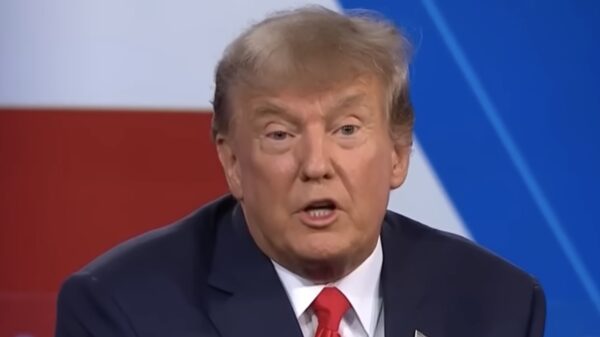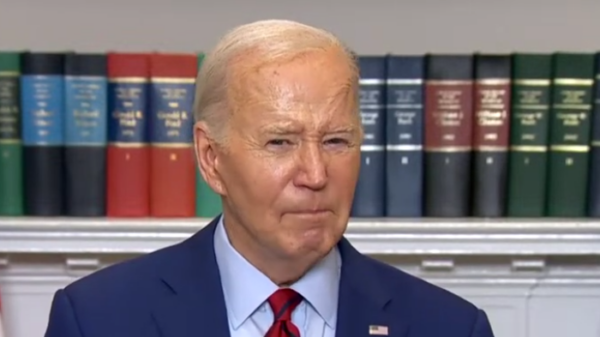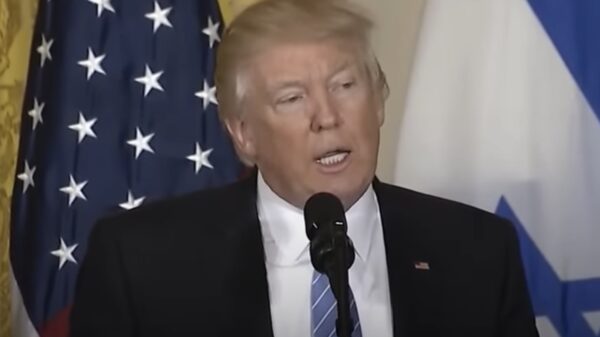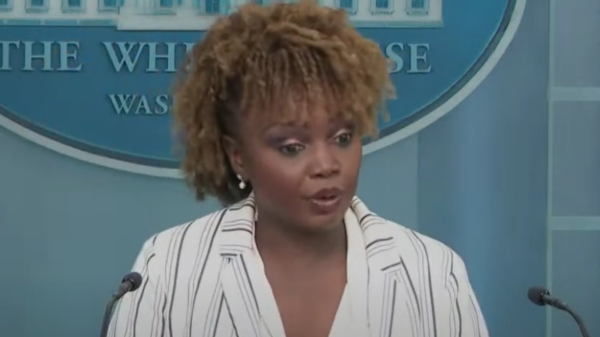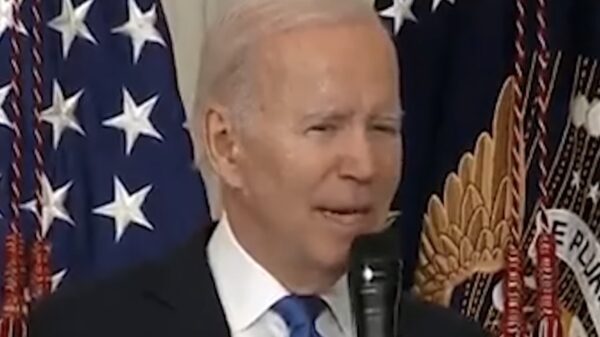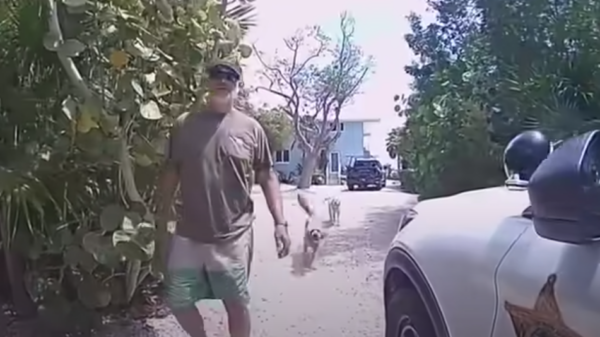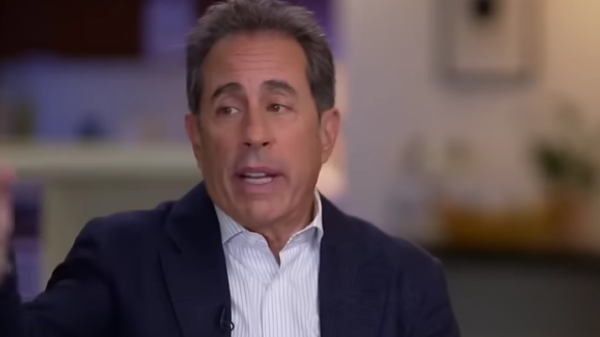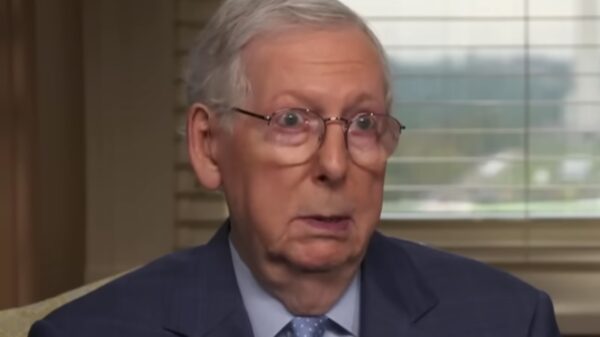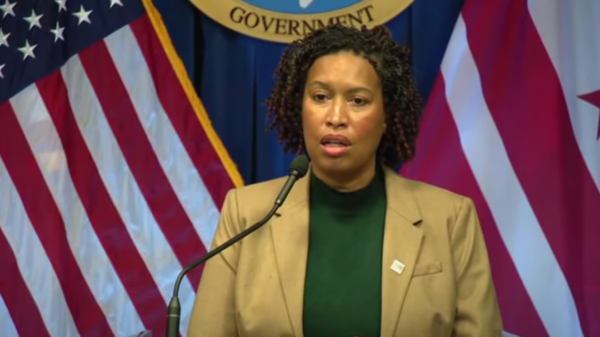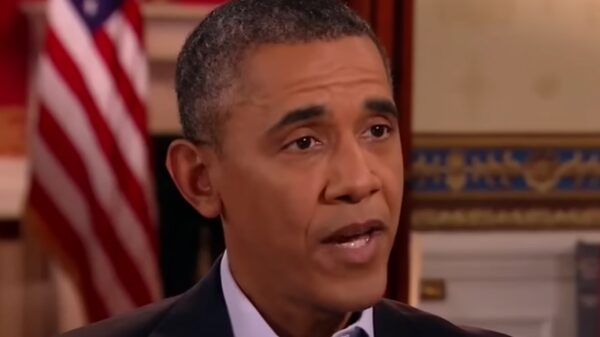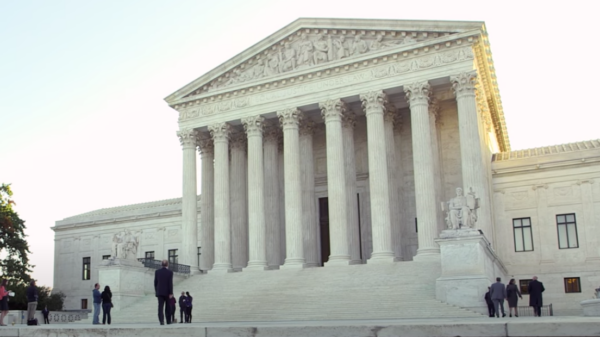Grand Canyon University
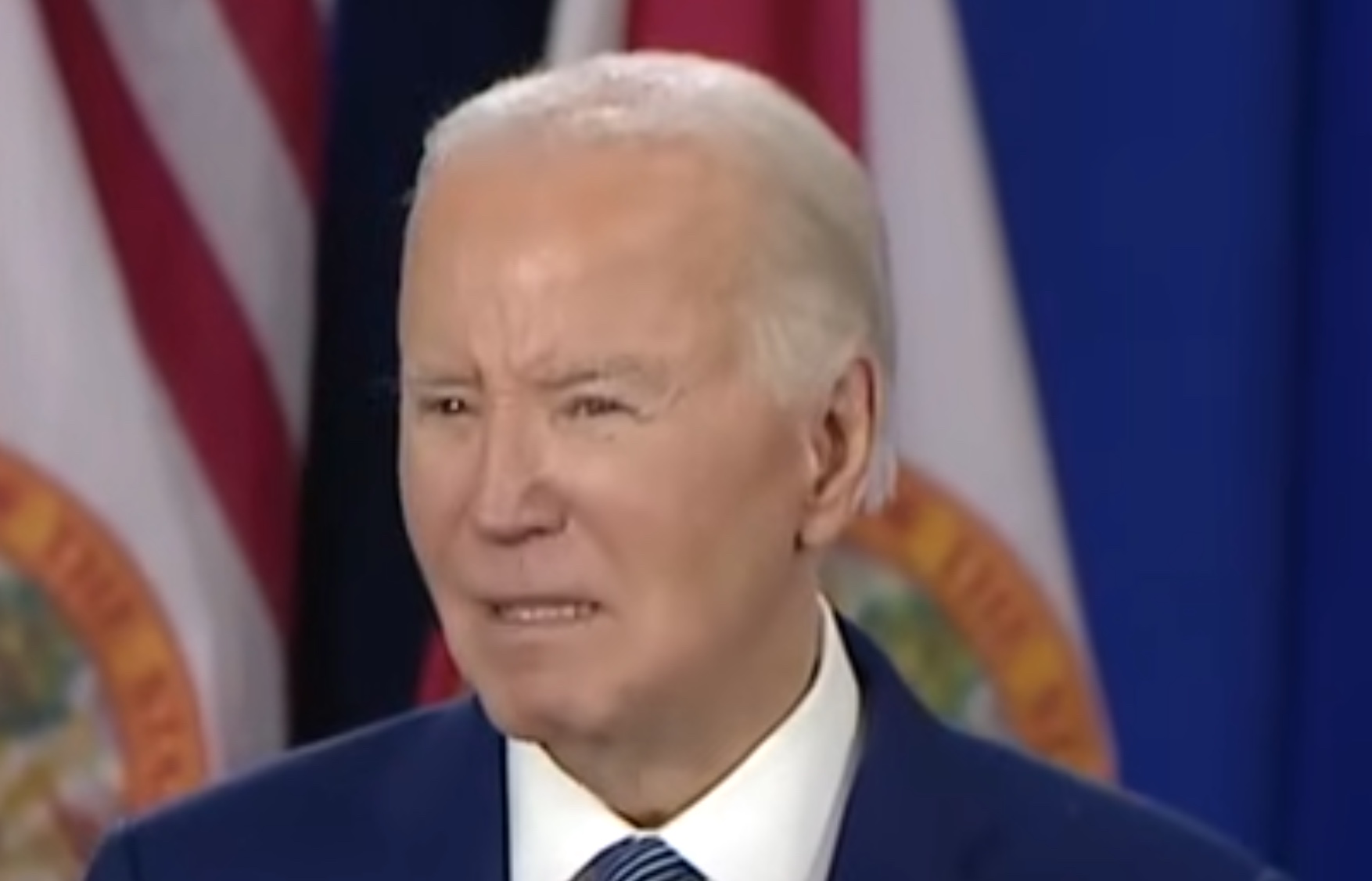
Youtube
During his testimony before Congress, Secretary of Education Miguel Cardona pledged to “shut down” Grand Canyon University (GCU), a prominent private college, in what appears to be a politically motivated move.
37.7 million
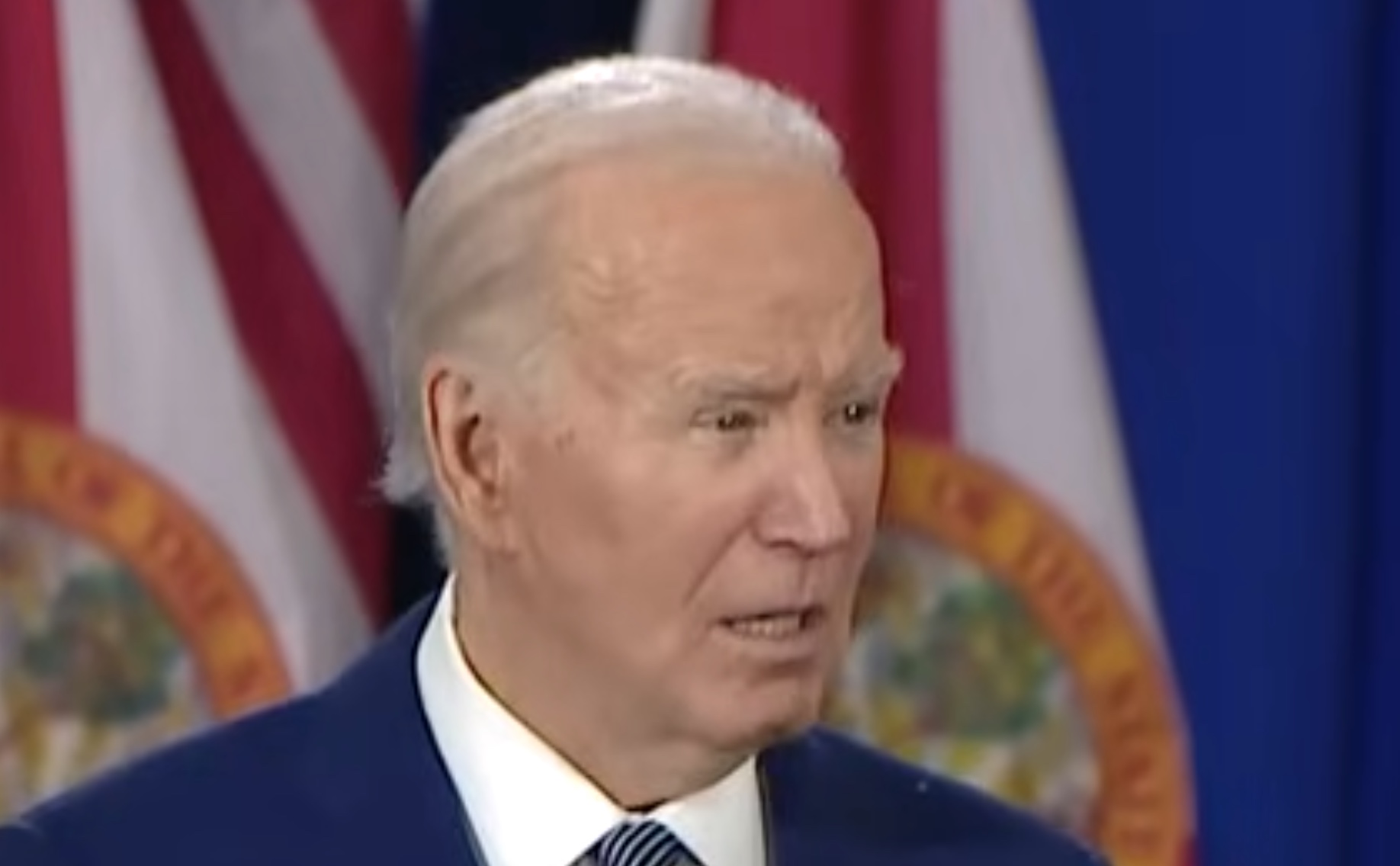
Youtube
The Department of Education, under Secretary Cardona’s leadership, has imposed a hefty fine of $37.7 million on GCU, the largest fine ever issued by the agency.
Penalties
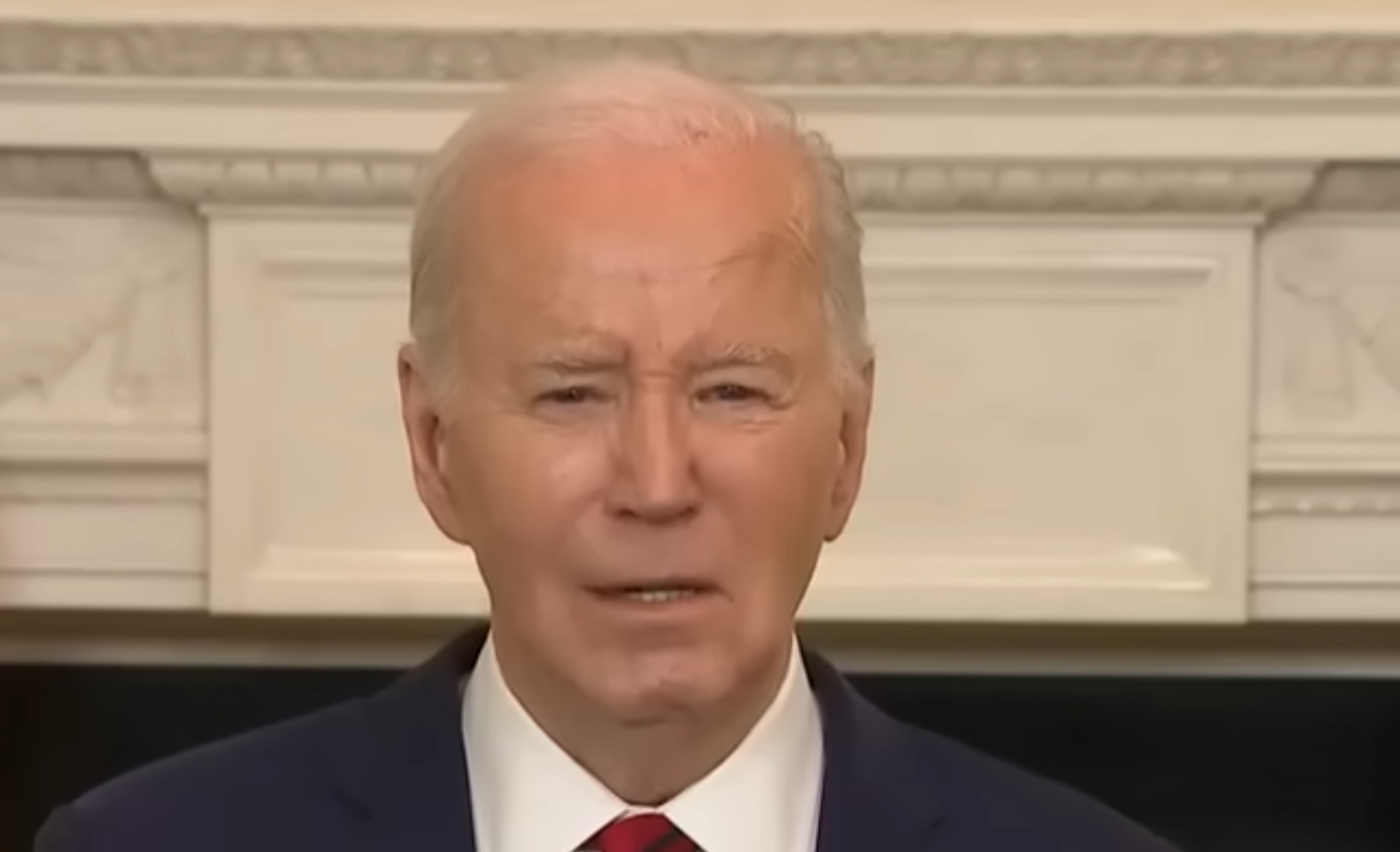
Youtube
This fine surpasses penalties imposed on institutions like Penn State and Michigan State for more severe offenses.
Requirements
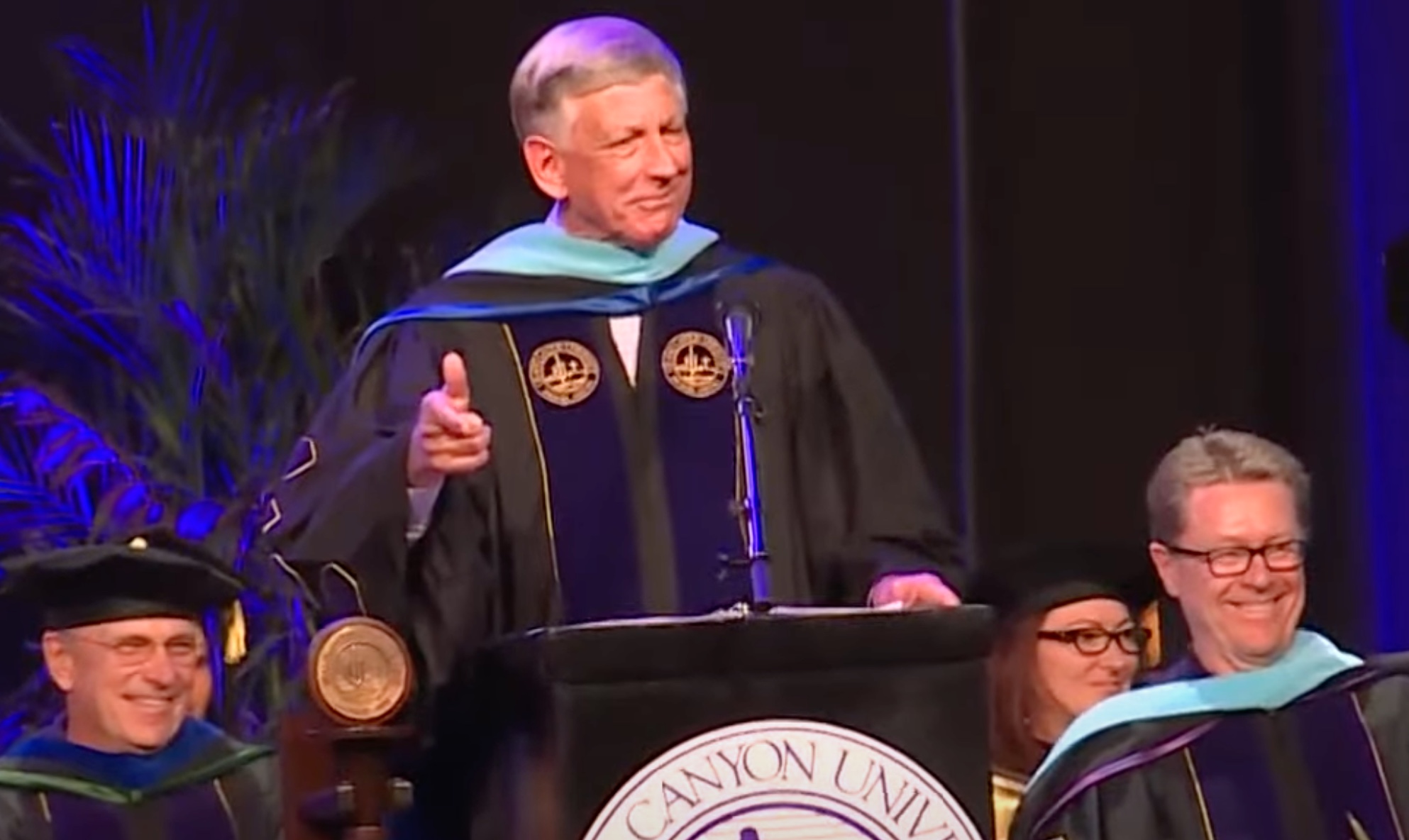
Youtube
The basis for this fine is the allegation that GCU did not adequately inform Ph.D. students about course requirements during their dissertation phase, which is viewed as a pretextual accusation.
Cardona’s testimony
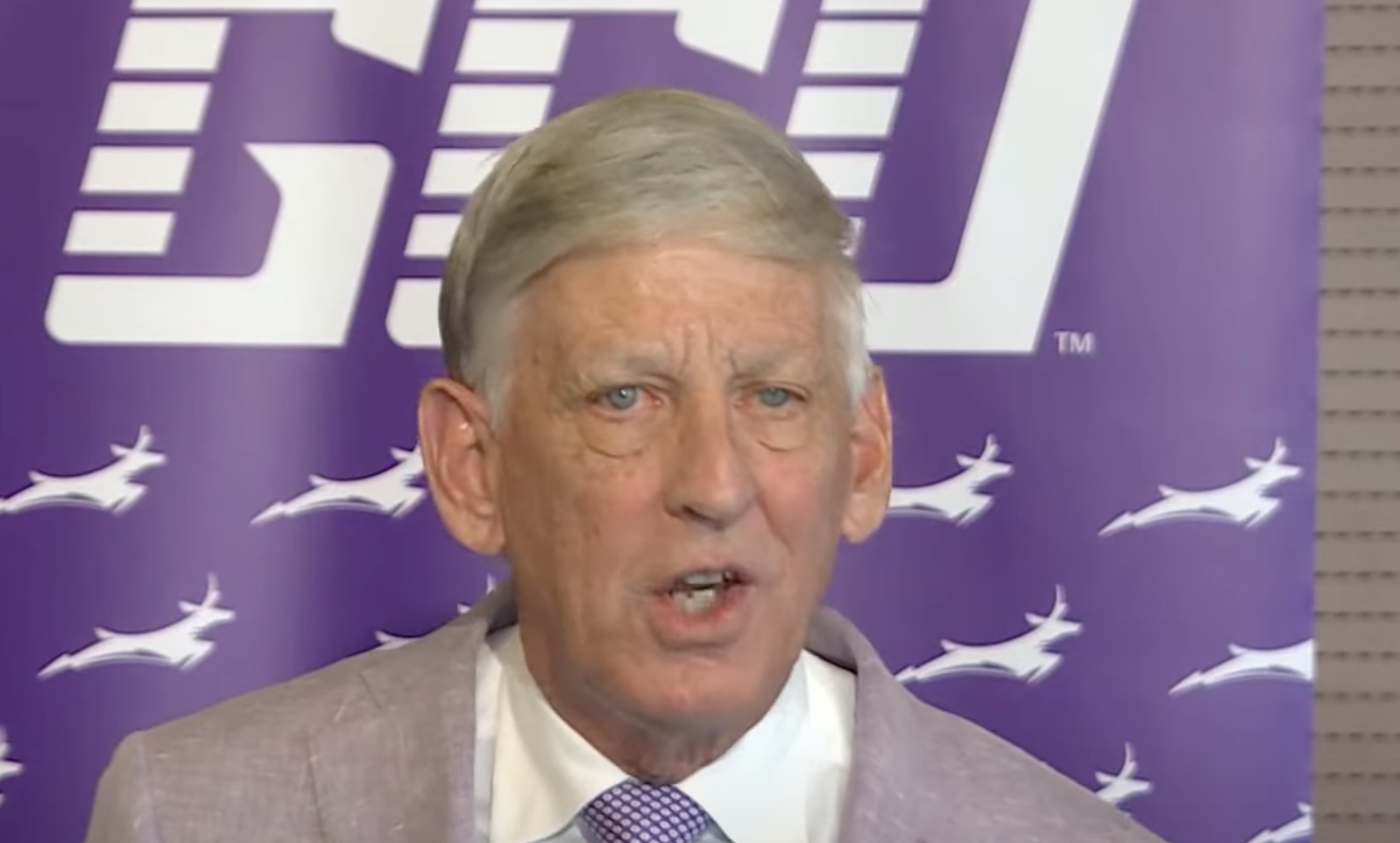
Youtube
Evidence from Cardona’s testimony and public records obtained by the Goldwater Institute suggest that the true motive behind this punitive action is not GCU’s misconduct but rather a bias against private, cost-effective education that does not align with the government’s ideology.
Humble beginnings
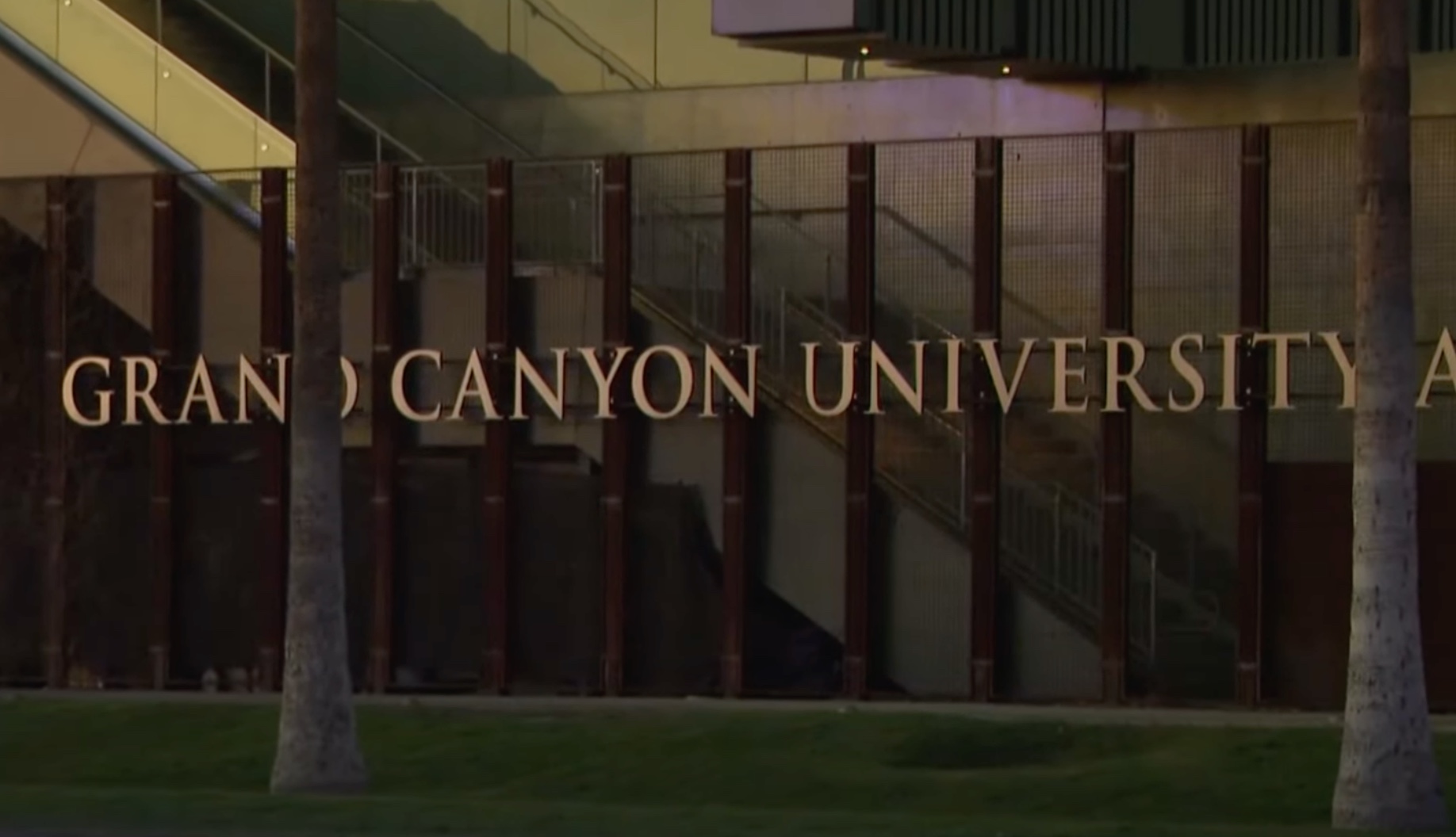
Youtube
From humble beginnings with fewer than 1,000 students and limited course options, the university has grown to accommodate over 100,000 students across diverse programs, offering degrees in a wide range of disciplines. GCU is renowned for its support of the low-income community in Phoenix, with a track record of successfully guiding students into promising careers, including trade professions.
Diversity
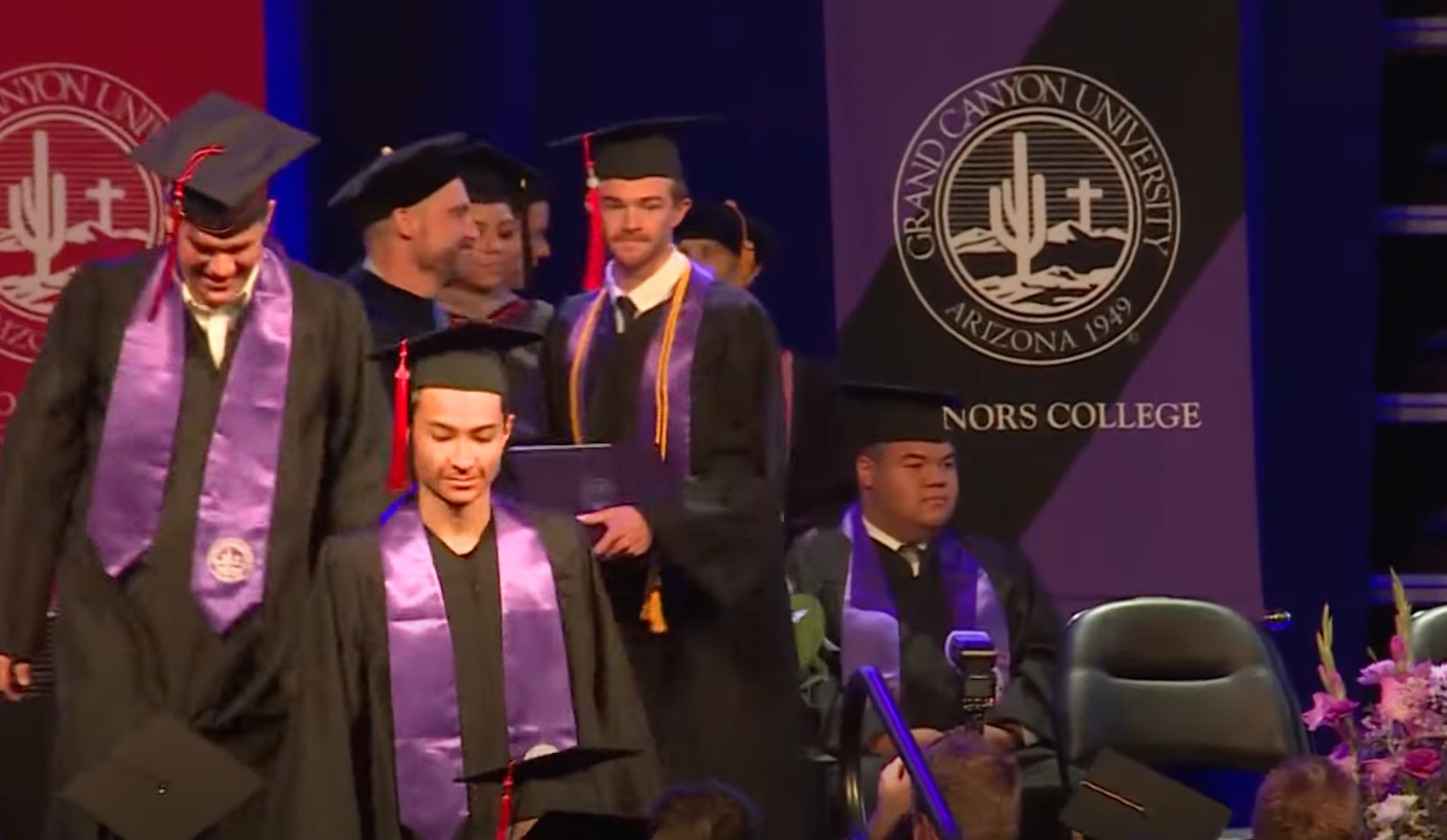
Youtube
The institution values and promotes diversity of perspectives and ideas. Notably, GCU has refrained from increasing tuition fees for its students for over 15 years, a rare feat in higher education.
Extreme ideologies
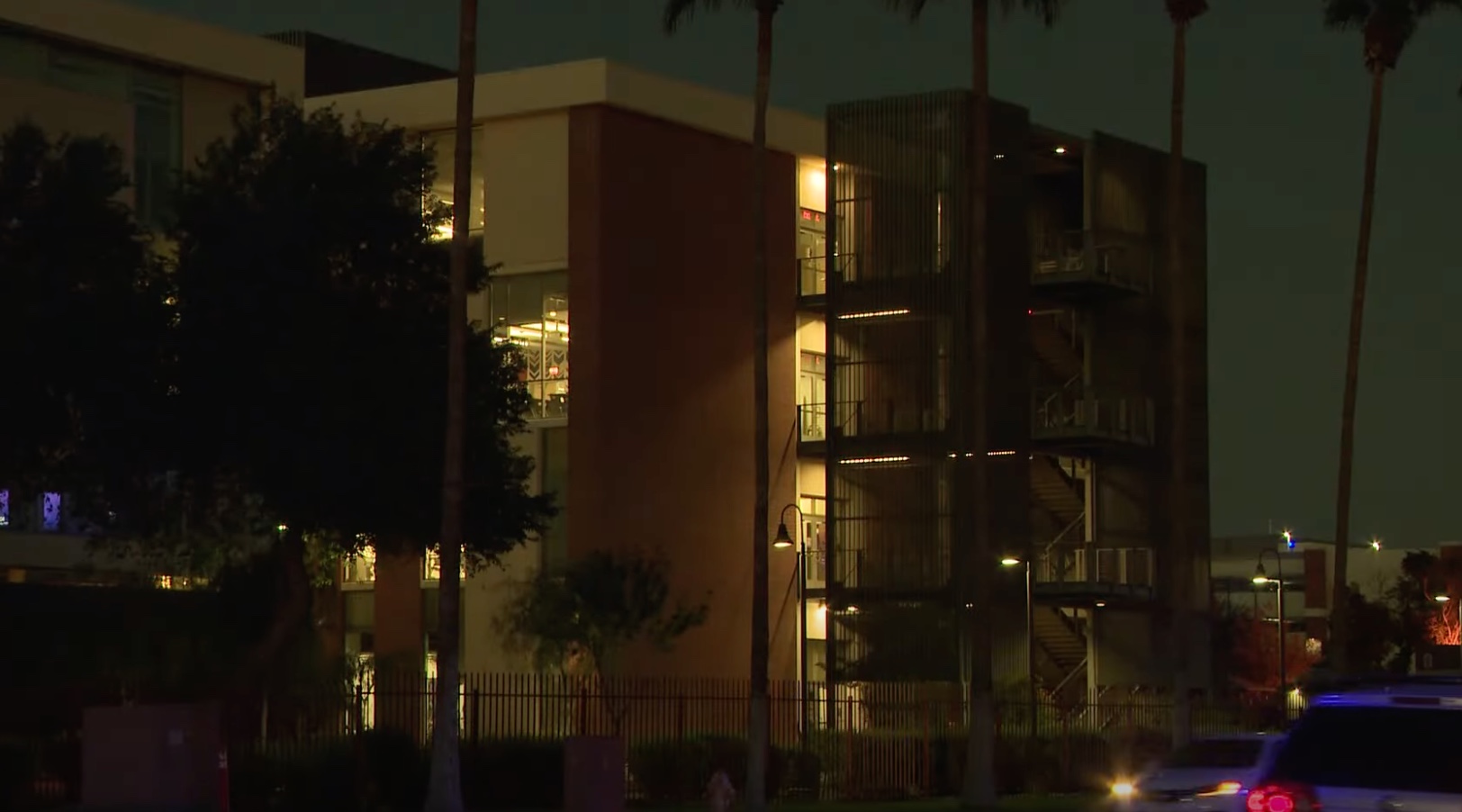
Youtube
This stands in stark contrast to public universities grappling with extreme ideologies, bloated administrative structures, and mounting student debt issues. One would expect the Biden administration’s Education Department to commend GCU’s achievements. However, the university has faced a concerted onslaught from various federal agencies and politically driven bureaucrats, rather than receiving recognition for its accomplishments.
Aggressive
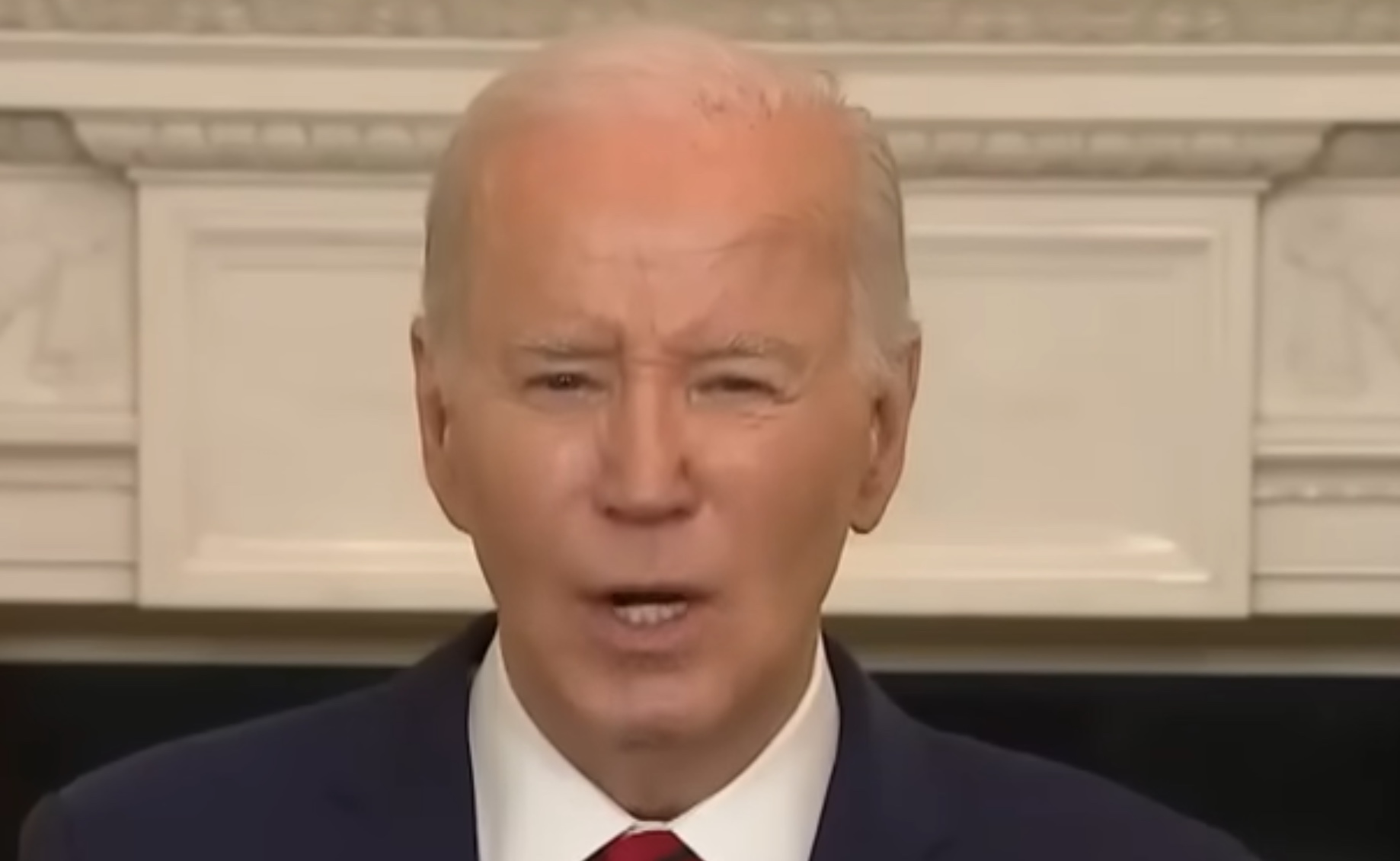
Youtube
Upon learning about the government’s aggressive actions against Grand Canyon University (GCU), the Goldwater Institute, where we are employed, took action by submitting a Freedom of Information Act request to the U.S. Department of Education.
Communications
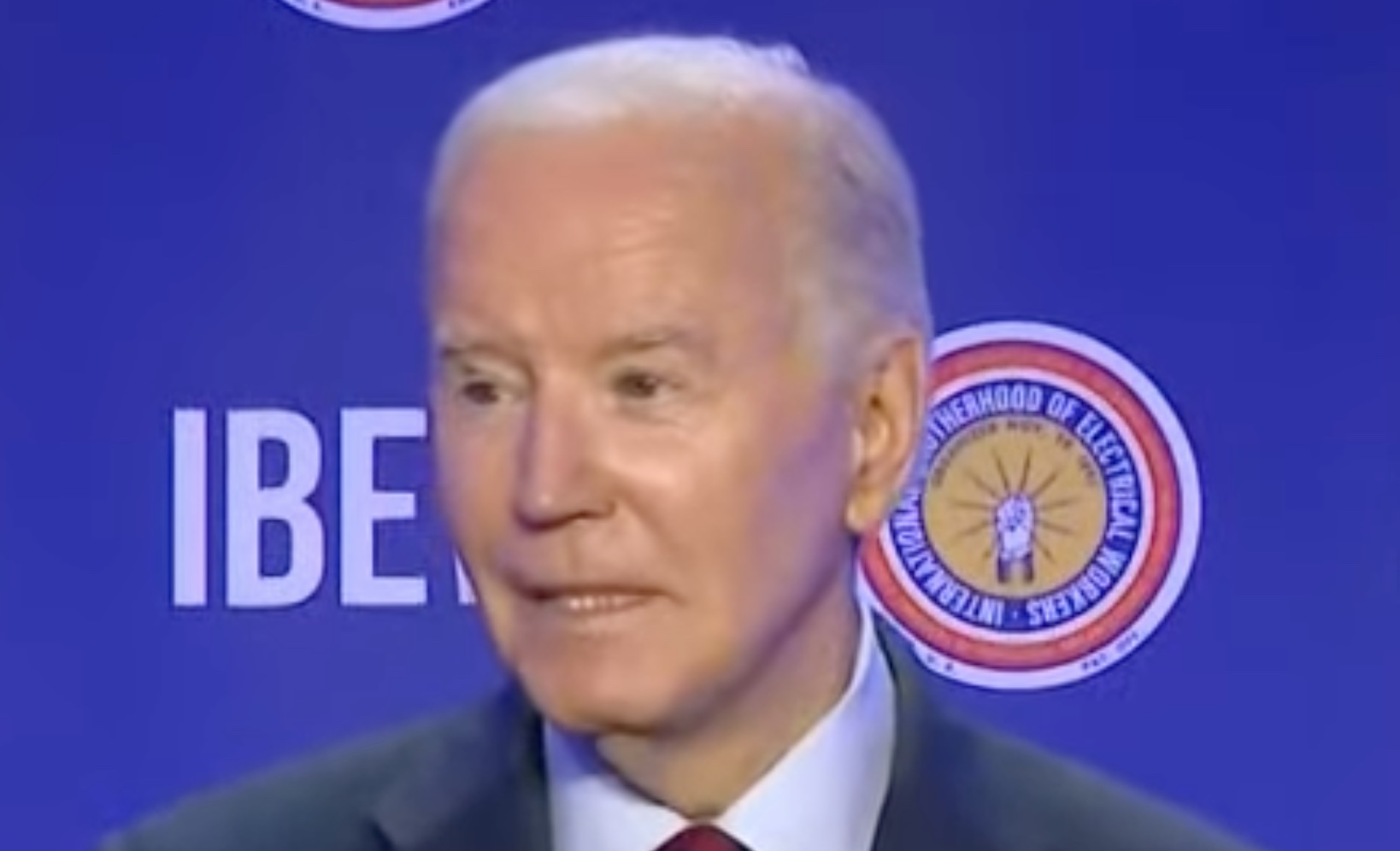
Youtube
This request aimed to obtain communications among senior officials within the department and other federal agencies, as well as information on the number of student complaints related to GCU’s graduate programs. Surprisingly, no records of complaints were found, and instead, the department provided 800 heavily redacted pages of documents.
Largest fine
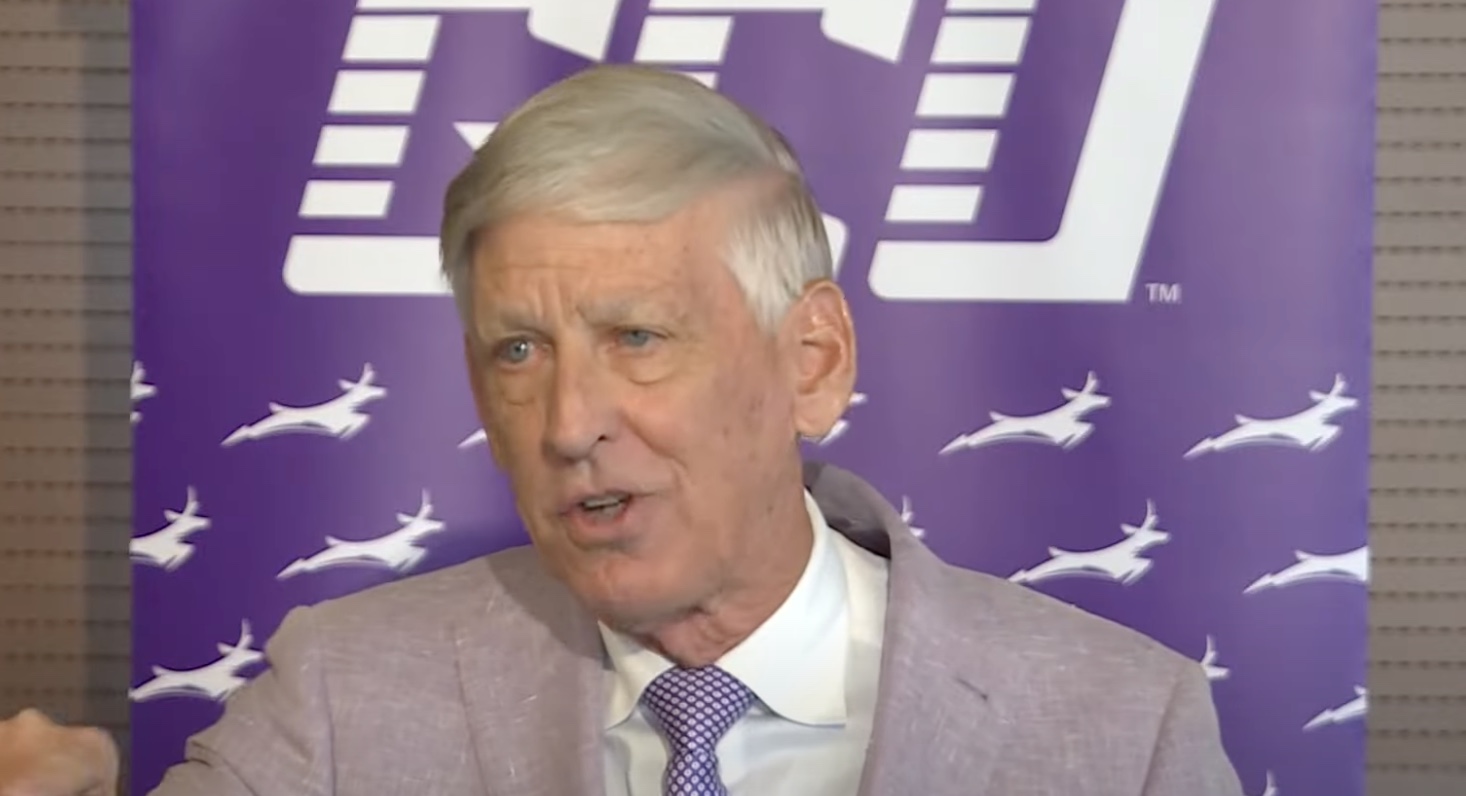
Youtube
The question arises: What is the federal government concealing, and why are Department of Education officials reluctant to disclose the rationale behind imposing the largest fine in the agency’s history on one of the nation’s leading private institutions? Insights from Cardona’s congressional testimony and limited disclosed records suggest that the government’s targeting of GCU is not a regulatory decision but a politically motivated one.
Unusual
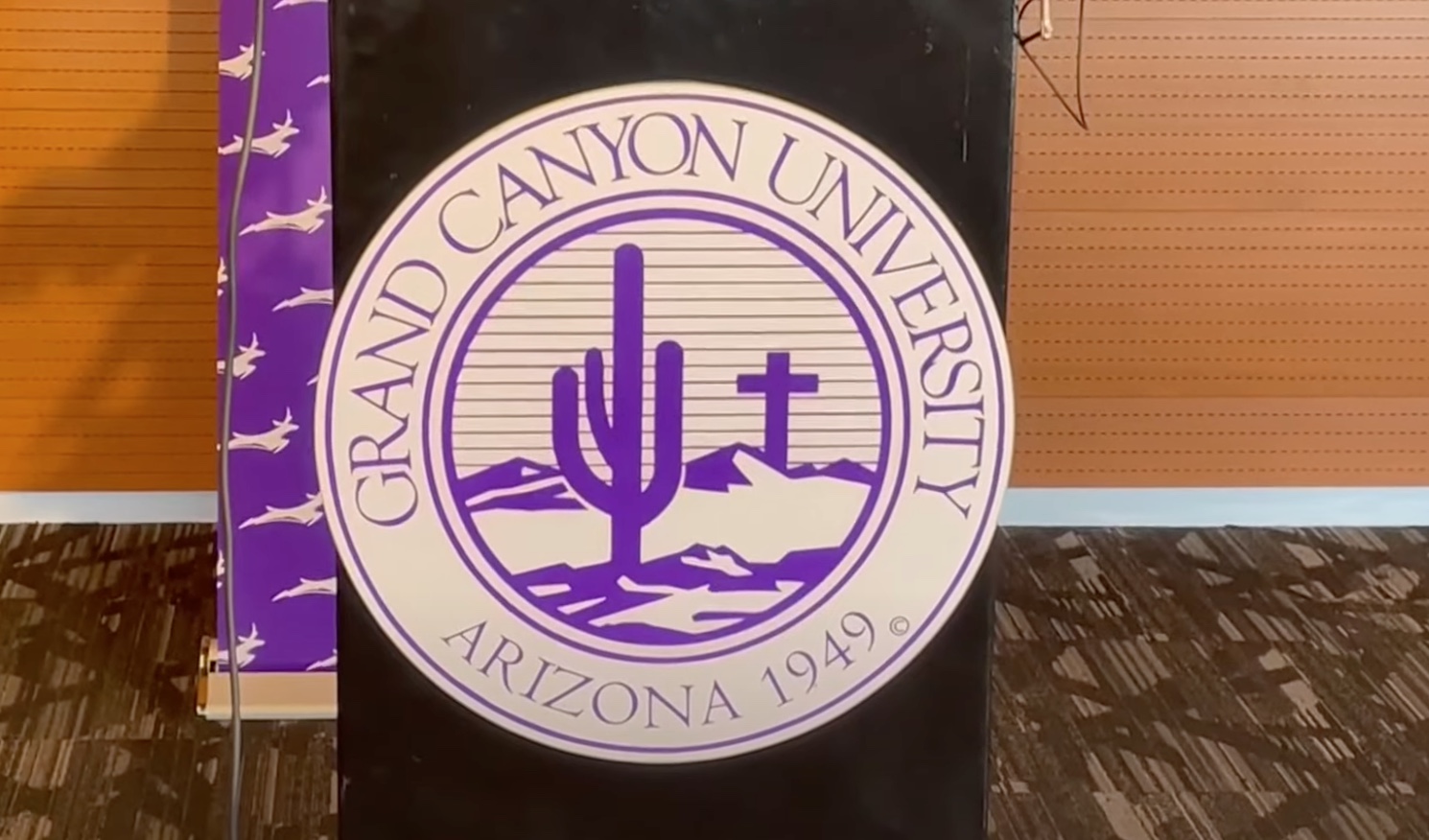
Youtube
The Office of Civil Rights dispatched a letter to Connecticut regarding the matter. Upon levying the fine on Grand Canyon University (GCU), the agency accompanied this action with a theatrical press release, which is unusual in any context and particularly peculiar for government officials expected to conduct investigations and pursue enforcement cases with impartiality.
Suspicions
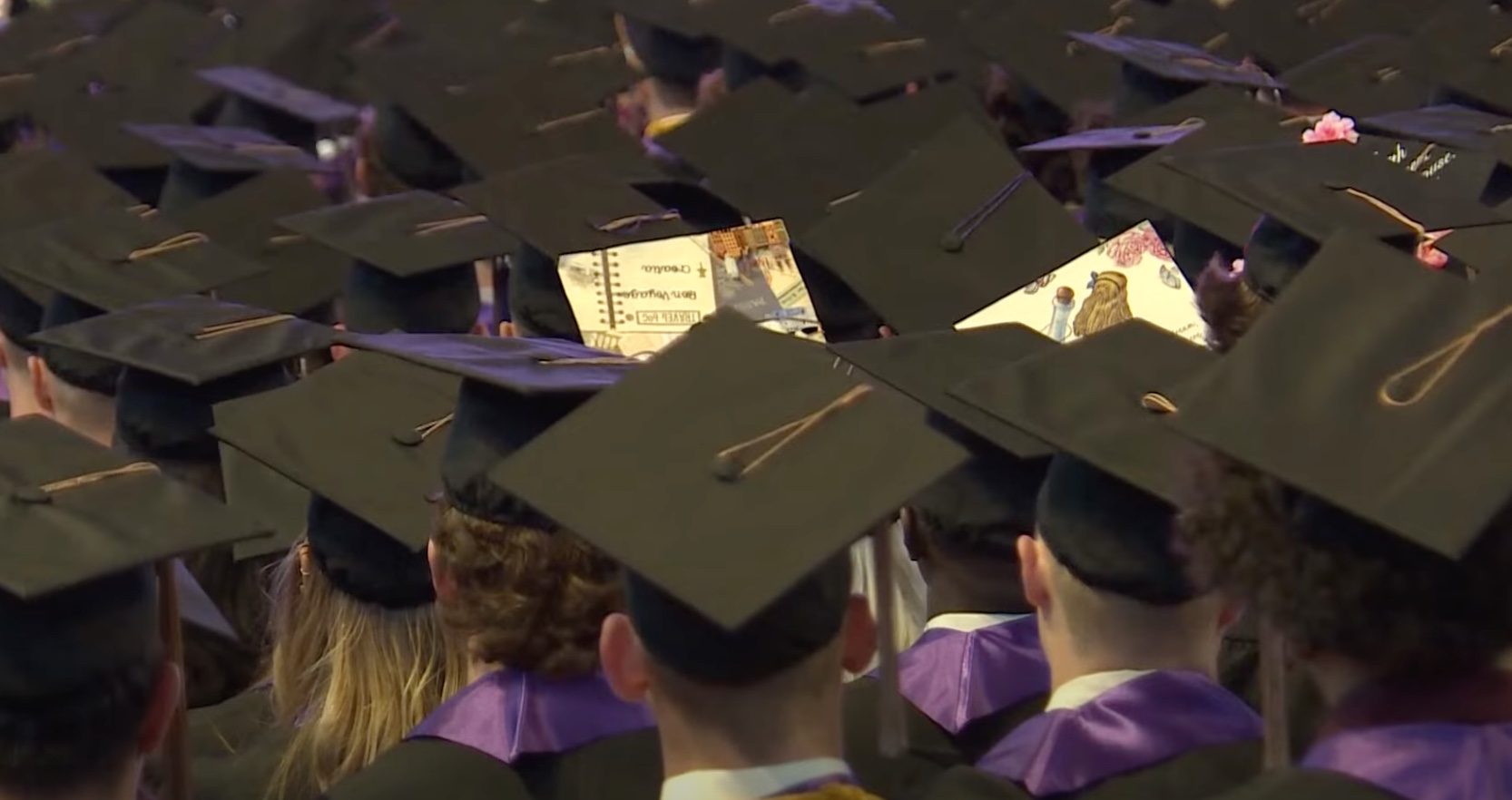
Youtube
There are now suspicions that the issuance of press releases was coordinated with the White House. Correspondence between Shin Inouye, the deputy assistant secretary for communications at the Department of Education, and senior department officials reveals that Inouye was aligning the department’s communications with the “WH,” indicating the White House’s involvement in the coordination.
October 6
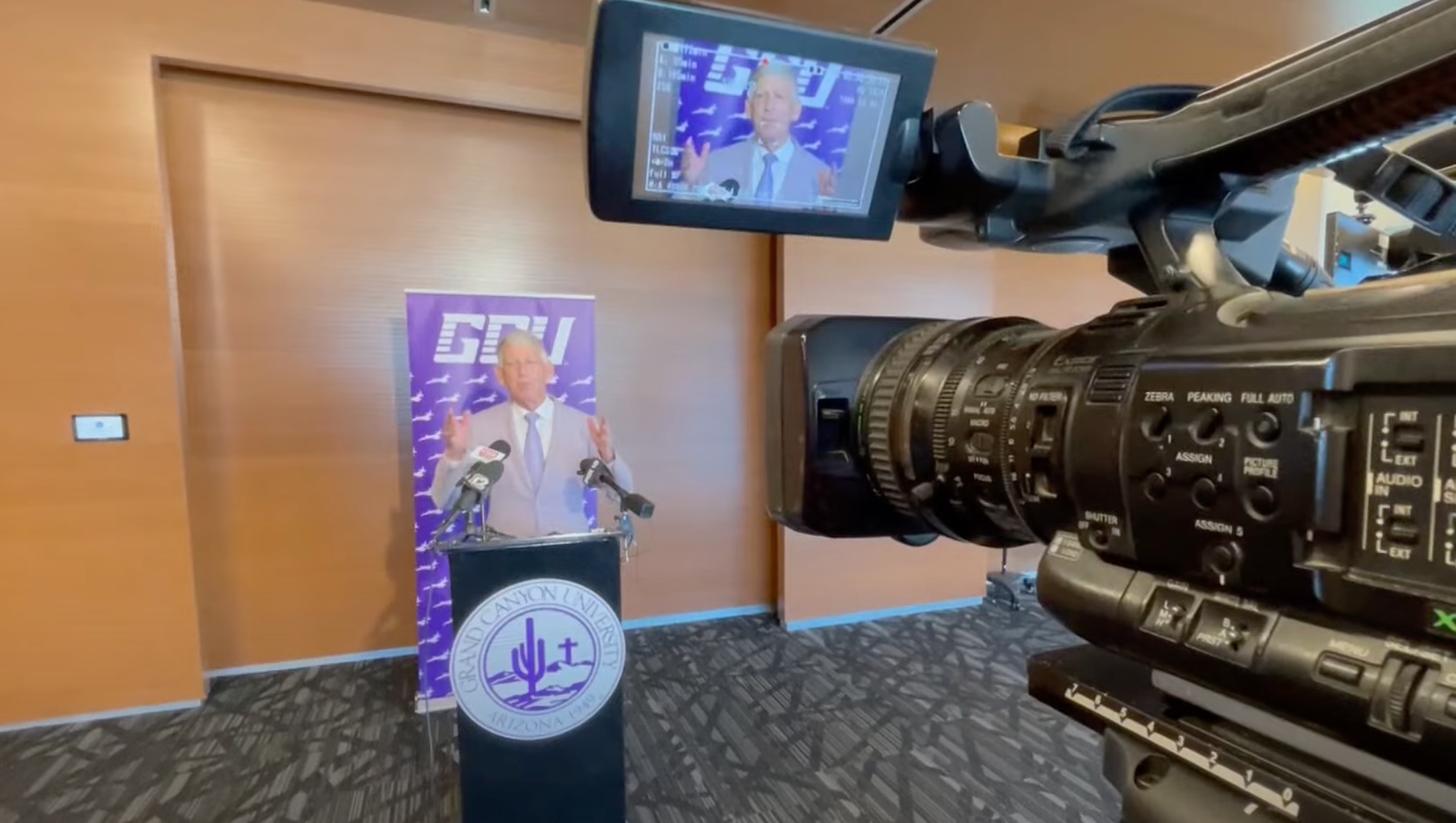
Youtube
In an email dated October 6, 2023, Inouye queries senior officials about a particular document he is reviewing that he is “sending to the WH,” and seeks a “[l]ast call for edits.” Inouye then states, “WH cleared. Sending to reporters now.”
Clearance
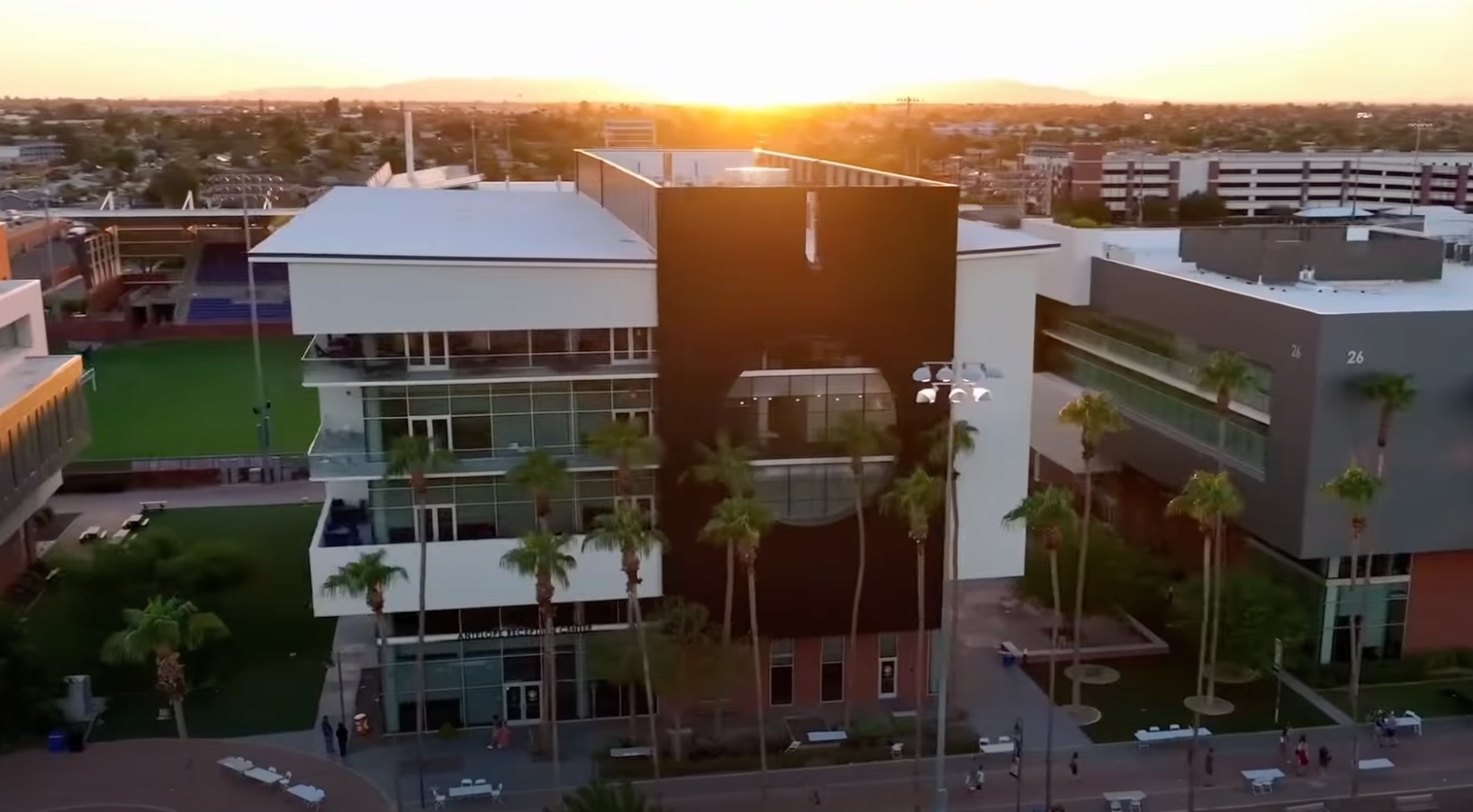
Youtube
Regrettably, most of these communications were heavily redacted, making it difficult to discern the nature of the “clearance” that department officials responsible for investigating and pursuing cases would be seeking from the White House.
Media narrative

Youtube
It is evident that politicians and political appointees prioritize shaping a media narrative over impartially addressing legal accusations, a concerning trend for all Americans. Secretary Cardona’s declaration of intent to “shut down” GCU highlights the government’s lack of interest in permitting private educational institutions to offer effective alternatives to the conventional higher education system.
Biden administration

Youtube
Furthermore, the department’s reluctance to disclose details about the substantial fine leaves the public questioning why the Biden administration is not prioritizing enhancing higher education in the country but rather engaging in politically driven prosecutions that adversely impact students seeking quality and affordable education.


